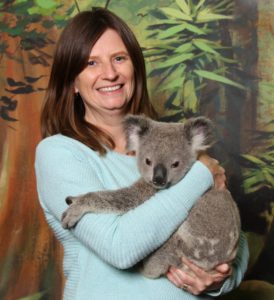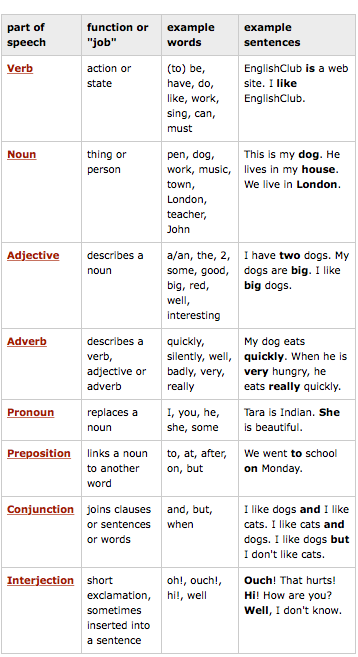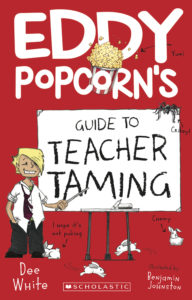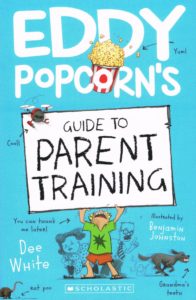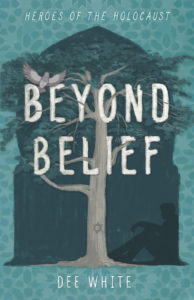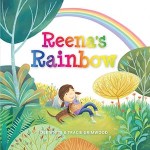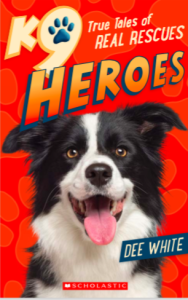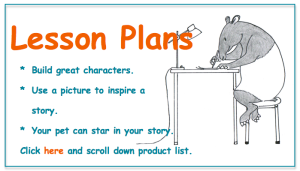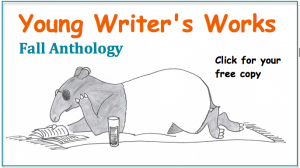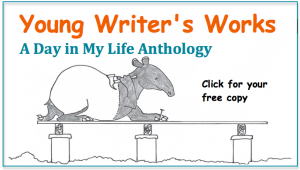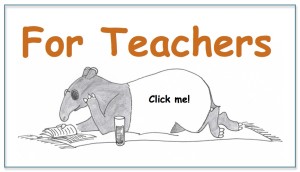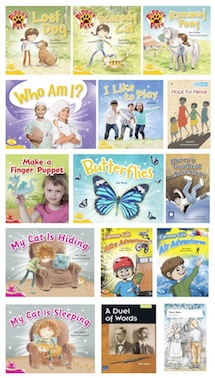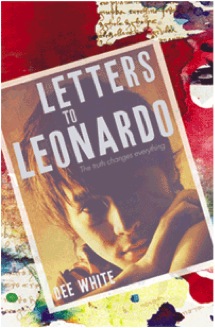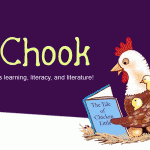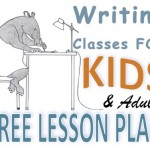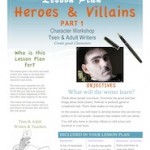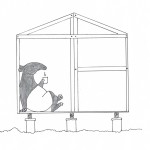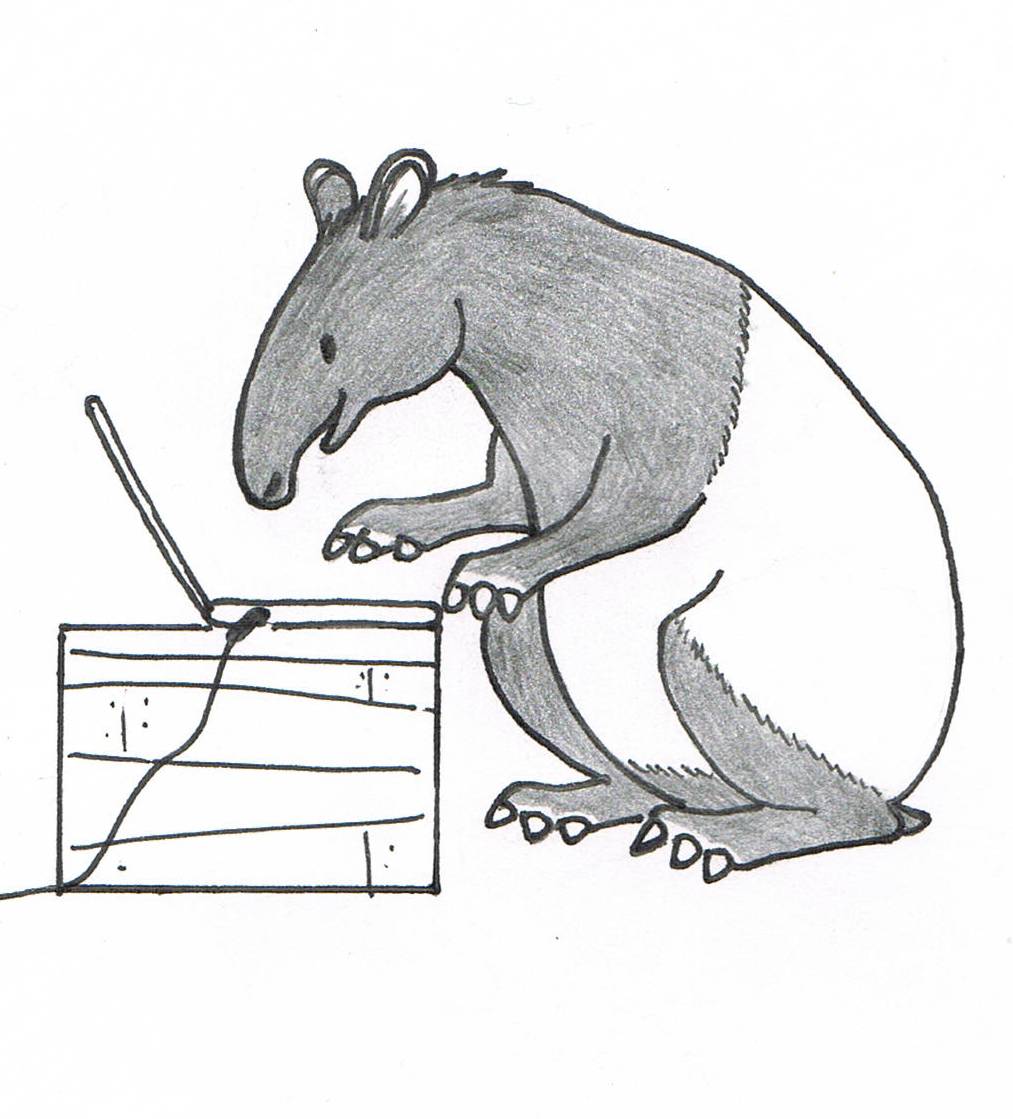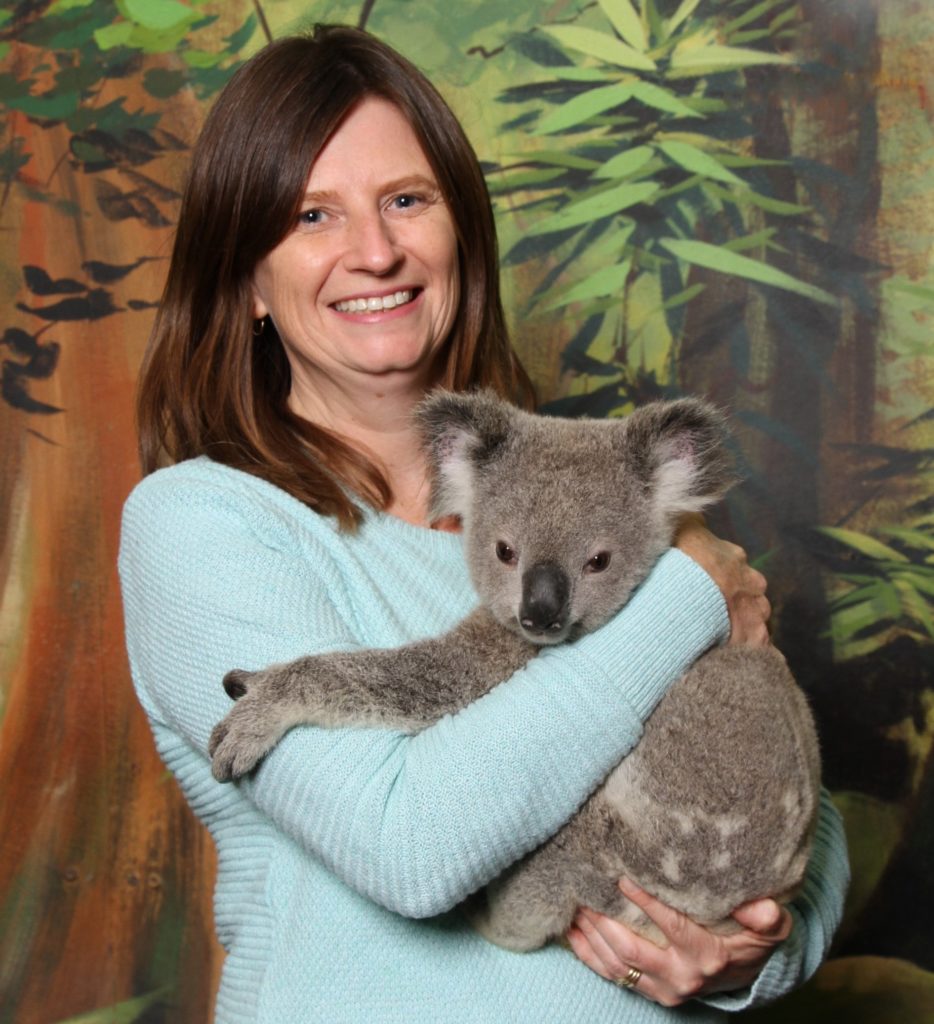
Candice Lemon-Scott is an award-winning Australian author and has published 14 books for kids. She has been surrounded by a range of pets throughout her life including: cats; dogs; budgies; rabbits; guinea pigs; fish; turtles; lizards and even a duck.
Her love of animals and science can be found in her most recent series’ Jake in Space and Eco Rangers, as well as her latest book Ocean Warriors: The Rise of Robo-Shark. She loves to write adventurous stories with a touch of mystery. She has received awards recognition in the Wilderness Society’s Environment Award for Children’s Literature, Green Earth Award, Victorian Premier’s Literary Awards, PPA Award and EPAA (Educational Publishing Australia Awards). When not writing, Candice can usually be found at a beach somewhere.
For more, you can visit her website: https://candicelemonscott.com.au/
THE BOOK
Ocean Warriors: The Rise of Robo-Shark is an environmental adventure with STEM themes for kids 7-12. It’s set in the not-too-distant future at a time when sea creatures are virtually extinct. In this future world, kids are sent to Environmental Citizenship summer camp, and Kai and Emily go to a research submarine to help restore extinct sea creatures. Kai would rather spend his days playing virtual reality games than restore the icky sea cucumber, until one day he sees a great white shark out the portal of the submarine. The problem with that is, sharks are extinct. Plus, this one is a cyborg. Kai then sets about working with Emily to prove its existence and learning to communicate with it. In getting to know the shark, he becomes determined to bring sharks back from the brink of extinction. Not everyone likes the idea of great white sharks roaming the seas again though, and they come up against an evil organisation trying to thwart the mission.
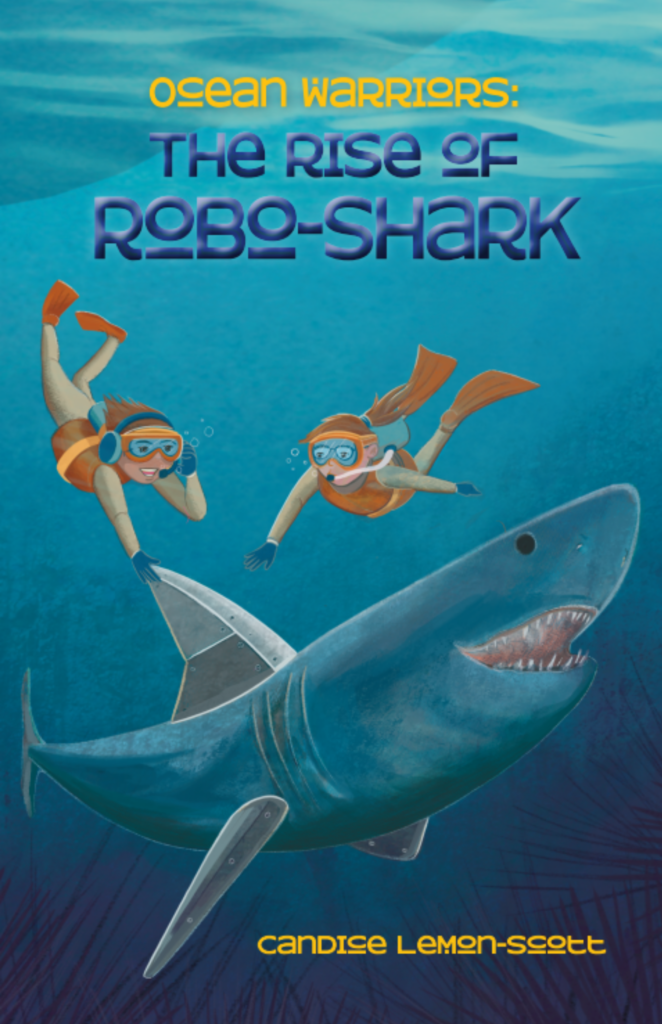
THE HARDEST THING ABOUT WRITING IT
The hardest thing was writing from the robo-shark’s point of view. It’s not so easy to put yourself in the head of a cyborg great white shark. I had to do lots of writing and rewriting to work out how he would talk, what problems he would face, how he sees his world, and how he feels about a world where most sea creatures are extinct. I also had to work out how he would become friends with humans. That was the trickiest part!
A paragraph about the most fun thing about writing the book.
Strangely enough, the hardest thing about writing the book was also the most fun. I loved creating the animal characters the most. It was especially fun to write those that are seen as scary or icky. I had a lot of laughs writing about a cyborg great white shark, bum-breathing turtle, sea cucumber and slime eels. The bum-breathing turtle Fitzroy was my absolute favourite to write because I created him as this grumpy, kind of gross character that is loveable at the same time.
CANDICE’S WRITING PROMPT

Choose a sea creature. Write a scene from its point of view as it travels through the ocean. Think about describing your animal and what it sees. What problems does it face on its journey? How does it overcome these to reach its destination?

